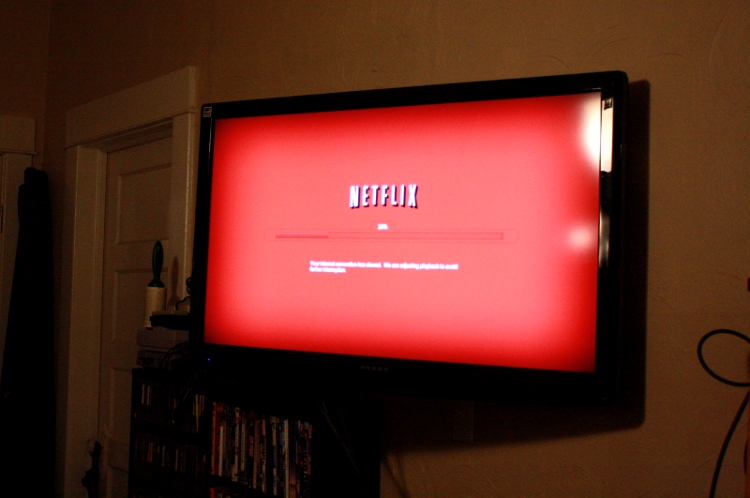 NEWS
NEWS
 NEWS
NEWS
 NEWS
NEWS
The days of using a Virtual Private Network (VPN) or proxy service to access Netflix, Inc.’s catalog of content in the United States may be numbered with the company announcing Thursday that it would be cracking down on the practice.
Previously, users outside of the United States could sign up to the service and then cloak their IP addresses using a VPN so that Netflix would believe they were in the United States; it may seem like the domain of serious geeks, but it was a highly widespread practice, with some 684,000 households (of some 8 million) in Australia alone believed to have been using a VPN to access Netflix prior to it becoming available locally in 2015.
Since Netflix went global last week, users in countries previously not serviced no longer require a VPN to access the service, however, and this is the catch — the global version of Netflix has a smaller catalog of shows and remarkably even excludes Netflix originals, such as House of Cards, so users still have an incentive to use a VPN to access the American version, which at least at the time of writing is as easy as turning on a VPN set to an American access point, even if the account itself was registered outside the country.
“If all of our content were globally available, there wouldn’t be a reason for members to use proxies or ‘unblockers’ to fool our systems into thinking they’re in a different country then they’re actually in,” Netflix Vice President of Content Delivery Architecture David Fullagar said in a blog post. “We are making progress in licensing content across the world … but we have a ways to go before we can offer people the same films and TV series everywhere. For now, given the historic practice of licensing content by geographic territories, the TV shows and movies we offer differ, to varying degrees, by territory. In the meantime, we will continue to respect and enforce content licensing by geographic location.”
Fullagar goes on to declare that the days of using a VPN to access Netflix are over, adding that “in coming weeks, those using proxies and unblockers will only be able to access the service in the country where they currently are.”
Netflix has long been criticized by rights holders for seemingly turning a blind eye to those who have willingly signed up and paid for access to the service from outside the countries it was licensed to operate in; now that it’s available globally, it can no longer ignore those looking to get around local restrictions so the move becomes understandable, be it one that will be welcomed by no one except those in the entertainment industry.
The lack of content in the global offering versus the U.S. version of Netflix once again highlights the stupidity of the current process of territory-based licensing deals in the age of a global Internet, and it’s an issue that is not being completely ignored, with at least the European Union calling for geographic restrictions to be dropped across its 28 member states.
Netflix, to its credit, does seem to understand the stupidity of the situation, with Fullagar concluding that they “look forward to offering all of our content everywhere and to consumers being able to enjoy all of Netflix without using a proxy. That’s the goal we will keep pushing towards,” a noble goal, be it one that at least in 2016 may still seem a far off dream.
Support our mission to keep content open and free by engaging with theCUBE community. Join theCUBE’s Alumni Trust Network, where technology leaders connect, share intelligence and create opportunities.
Founded by tech visionaries John Furrier and Dave Vellante, SiliconANGLE Media has built a dynamic ecosystem of industry-leading digital media brands that reach 15+ million elite tech professionals. Our new proprietary theCUBE AI Video Cloud is breaking ground in audience interaction, leveraging theCUBEai.com neural network to help technology companies make data-driven decisions and stay at the forefront of industry conversations.